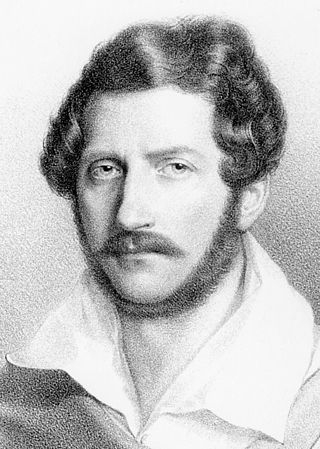See also
- Ersilia , genus of gastropods
Ersilia is a feminine given name.
Ferrero is a surname of Italian and Spanish origin that means 'smith', the person who works with iron, in parallel with surnames like Ferraro, Ferrari and Smith.

Leonardo is a masculine given name, the Italian, Spanish, and Portuguese equivalent of the English, German, and Dutch name, Leonard.
Dio may refer to:
Adamo is both a masculine given name and a surname. Notable people with the name include:

Genovese is an Italian surname meaning, properly, someone from Genoa. Its Italian plural form Genovesi has also developed into a surname.

Mei is a romanized spelling of a Chinese surname, transcribed in the Mandarin dialect. In Hong Kong and other Cantonese-speaking regions, the name may be transliterated as Mui or Moy. In Vietnam, this surname is written as Mai. In romanized Korean, it is spelled Mae. The name literally translates in English to the plum fruit. The progenitor of the Méi clan, Méi Bo, originated from near a mountain in ancient China that was lined at its base with plum trees.

Le convenienze ed inconvenienze teatrali, also known as Viva la mamma and Viva la Diva, is a dramma giocoso, or opera, in two acts by Gaetano Donizetti. The Italian libretto was written by Domenico Gilardoni, adapted from Antonio Simeone Sografi's plays Le convenienze teatrali (1794) and Le inconvenienze teatrali (1800).
Stefano is the Italian form of the masculine given name Στέφανος. The name is of Greek origin, Στέφανος, meaning a person who made a significant achievement and has been crowned. In Orthodox Christianity the achievement is in the realm of virtues, αρετές, therefore the name signifies a person who had triumphed over passions and gained the relevant virtues. In Italian, the stress falls usually on the first syllable, [ˈsteːfano] ; in English it is often mistakenly placed on the second,.
Bianco is an Italian surname meaning "white". Notable people with the surname include:

Volpi is a surname of Italian origin, meaning foxes or of the fox. The name refers to:

Metello is a 1970 Italian drama film directed by Mauro Bolognini. It was entered into the 1970 Cannes Film Festival. It starred Massimo Ranieri as the title character.
Brandi is both a surname and a given name. For more on the name see Brandy.

Romolo ed Ersilia is an 18th-century Italian opera in 3 acts by the Czech composer Josef Mysliveček composed to a libretto by the Italian poet Metastasio first produced in Innsbruck in 1765 with music by Johann Adolf Hasse. The drama was one of Metastasio's last, shortest, and least popular. Mysliveček's setting of 1773 was the only other one known to have been produced during the remainder of the eighteenth century. It includes significant alterations, in particular the introduction of new arias that augment the importance of certain characters and the re-ordering of existing arias. The alterations are not attributable. This opera belong to the serious type in Italian language referred to as opera seria. In Mysliveček's day, the opening aria, "Questa è la bella face," the duet that concludes the first act, and the quartet that concludes the second act were famed for their brilliance.
Paolucci, also spelled Paulucci, and historically scarcely as Paoluzzi, Pauluzzi and Paluzzi is an Italian surname deriving from the given name Paolo. It may refer to:
Pedretti is an Italian surname. Notable people with the surname include:
Paoli is an Italian surname, derived from the given name Paolo (Paul). Notable people with the surname include:
Ferré is a surname. Notable people with the surname include:

Ersilia Caetani-Lovatelli or Ersilia Caetani was an Italian aristocrat, art historian, cultural historian and archaeologist.

Romolo ed Ersilia is a three-act opera composed by Johann Adolph Hasse to an Italian-language libretto by Pietro Metastasio. The opera was commissioned by Empress Maria Theresa to celebrate the marriage of her son Leopold to Maria Luisa of Spain. The opera was first performed on 6 August 1765, the day after their wedding, in the court theatre of the Imperial Palace in Innsbruck. The opera received its first performance in modern times in 2011 during the Innsbruck Festival of Early Music.
Caetani is a surname. Notable people with this surname include: